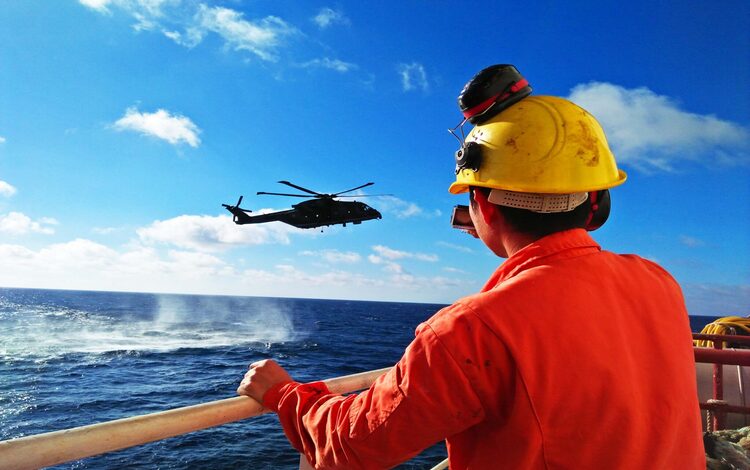In a heartening turn of events, the Department of Foreign Affairs (DFA) has delivered Easter blessings to the Philippines with the safe return of 18 Filipino seafarers who were previously detained in Iran. The crew, hailing from the MV St. Nikolas, a Marshall Islands-flagged oil tanker, had been held captive since January after an encounter with the Iranian navy in the Gulf of Oman.

The Filipino seafarers were welcomed back in Manila after being repatriated in batches, with the final group of six arriving last week. The DFA expressed gratitude to the Iranian authorities for their cooperation in facilitating the return of these seafarers, highlighting the crucial role played by the manning agency in orchestrating their safe journey home.
Reports from Iranian state media shed light on the circumstances surrounding the seizure of the St. Nikolas tanker. Allegedly carrying Iraqi crude and en route to Turkey, the vessel was seized by Iran’s Navy as a retaliatory measure following the confiscation of the same vessel and its cargo by the United States in the previous year. According to the state-run IRNA news agency, the seizure was executed by a court order.
While the safe return of these seafarers marks a moment of relief, the ordeal faced by Filipino maritime workers continues to be a pressing concern. The DFA revealed ongoing efforts to secure the release of 17 other Filipino seafarers who were held captive in the Red Sea since November 2023 by Yemen-based Houthi rebels.
The challenges faced by Filipino seafarers highlight the risks inherent in their profession and the need for robust diplomatic efforts to ensure their safety and well-being. The Philippines, as a maritime nation, relies heavily on its seafaring workforce, who contribute significantly to the global shipping industry. However, their contributions often come at great personal risk, as demonstrated by incidents such as the detention of the St. Nikolas crew.
Efforts to protect Filipino seafarers must extend beyond reactive measures to address the root causes of maritime disputes and conflicts. Enhanced diplomatic engagement, collaboration with international partners, and advocacy for the rights and welfare of seafarers are essential components of a comprehensive approach to safeguarding their interests.
As the nation celebrates the return of these 18 seafarers, it also underscores the importance of continued vigilance and proactive measures to prevent similar incidents in the future. The Filipino seafaring community deserves nothing less than unwavering support and protection as they navigate the often treacherous waters of global maritime trade.
